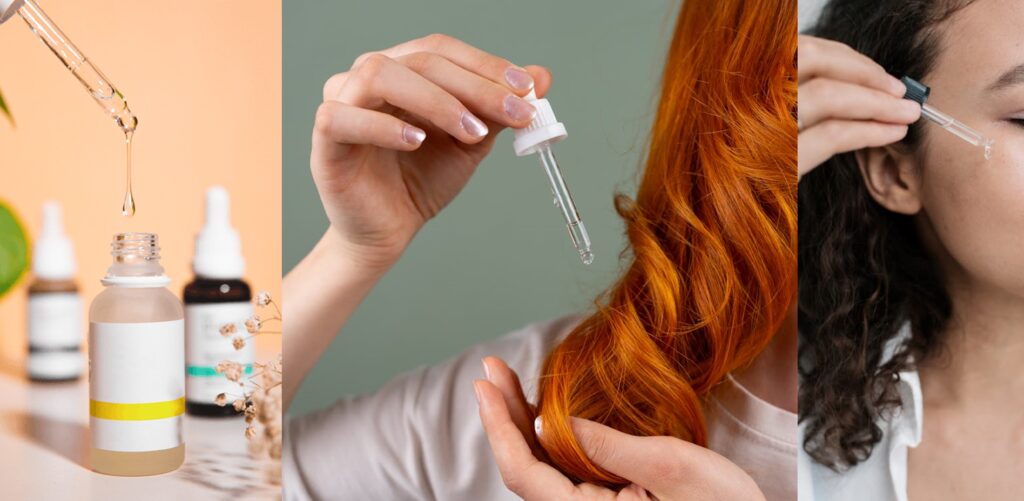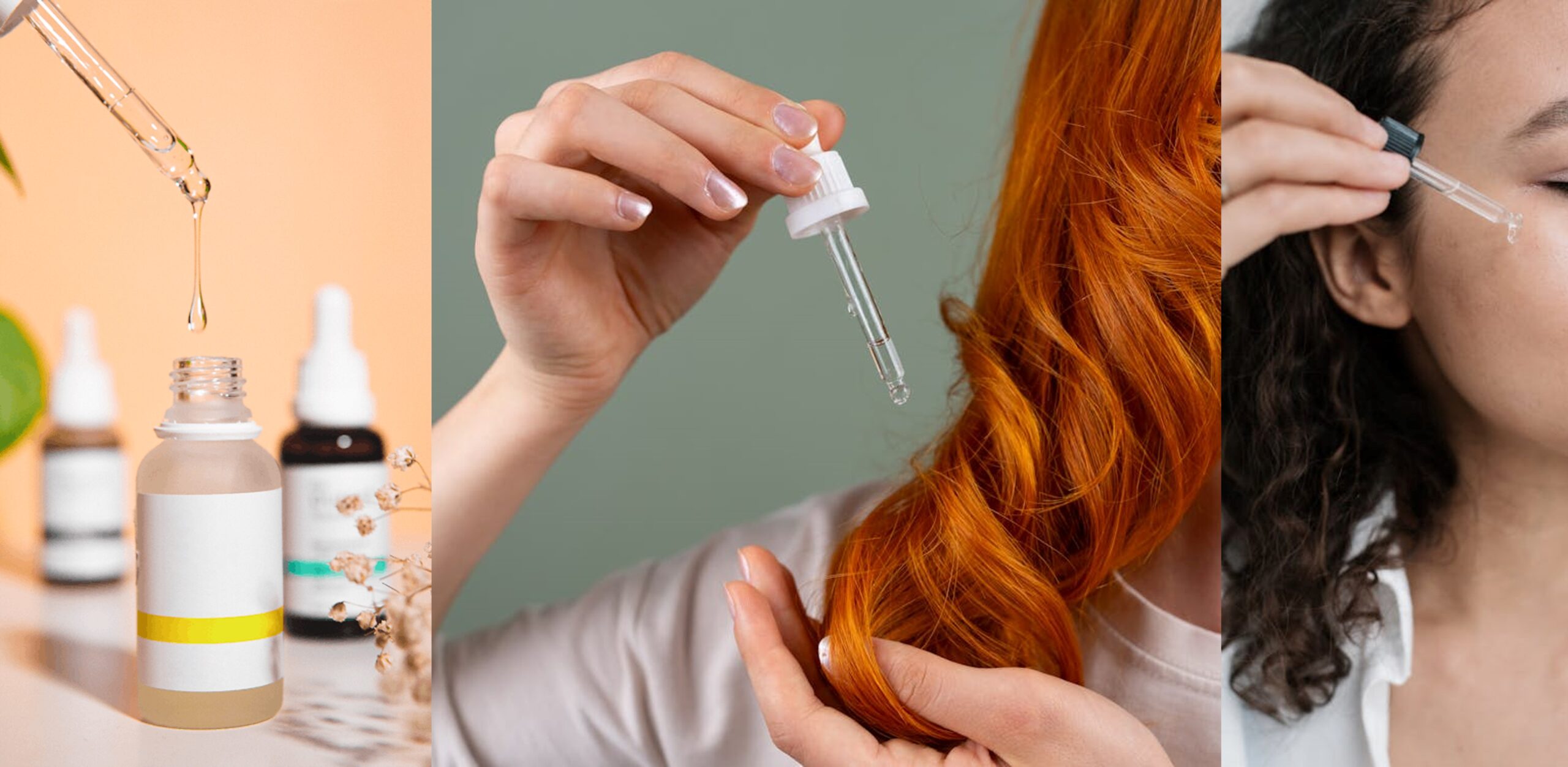Table of Contents

Introduction
Marula Oil has always held a special place in the ever-evolving world of cosmetic science, thanks to its natural healing properties. Among botanicals, it has emerged as a revolutionary ingredient, garnering attention from beauty enthusiasts and skincare experts alike. Extracted from the nuts of the Sclerocarya birrea tree, native to southern Africa, Marula Oil is a lightweight, nutrient-rich oil lauded for its ability to hydrate, protect, and rejuvenate the skin and hair.
This article will explore the latest scientific research on Marula Oil, its benefits, and its impact on cosmetic formulations. We will uncover why it is increasingly viewed as the perfect botanical boost for skincare and haircare products, emphasizing its potential in promoting healthy, glowing skin.
What is Marula Oil?
Origins and Harvesting
It is derived from the fruit kernels of the Sclerocarya birrea tree, which grows primarily in the southern and western regions of Africa. The fruit is known as the “marriage tree” in many local cultures because of its revered health properties. Local communities have used it for centuries to treat skin ailments, provide nutrition, and even as part of traditional healing practices.
The oil is harvested by hand, ensuring minimal environmental impact, which aligns well with the current trend toward eco-conscious beauty products. Once harvested, the kernels undergo a cold-pressing process to extract the pure oil. This method preserves its integrity and nutrient content.
Nutrient Profile of Marula Oil
It is a powerhouse of nutrients, making it a popular choice in modern skincare formulations. It is rich in essential fatty acids.
- Oleic Acid (70-78%) – Known for its moisturizing properties.
- Linoleic Acid (4-7%) – Essential for skin barrier function and hydration.
- Palmitic Acid (9-12%) – Provides protective benefits for the skin.
In addition to these fatty acids, it contains a wide array of antioxidants like Vitamin C, Vitamin E, flavonoids, and phenolic compounds, which help combat free radicals and protect the skin from environmental stressors.
The Science Behind Marula Oil’s Cosmetic Benefits
Hydration and Moisture Retention
One of the most significant benefits of it is its ability to provide intense hydration. Studies have shown that its high oleic acid content helps the skin retain moisture for extended periods. The oil penetrates deep into the skin, providing a long-lasting moisturizing effect without leaving a greasy residue. This makes it suitable for all skin types, including oily and acne-prone skin.
In literature, it is documented that topical applications of oil significantly improved skin hydration levels. The study noted that skin treated with Marula’s Oil showed better moisture retention compared to untreated skin, reducing the appearance of dry, flaky patches.
Antioxidant Power for Skin Protection
The antioxidants in Marula’s Oil, including vitamins C and E, are crucial for skin health. These antioxidants neutralize free radicals, which are unstable molecules that cause premature aging and damage skin cells. In one of the study from literature, it is reported that it’s antioxidant activity was highly effective in reducing oxidative stress, which can accelerate the aging process.
Moreover, the phenolic compounds in it protect the skin from sun-induced damage, including hyperpigmentation and fine lines. Though it cannot replace sunscreen, but it provides an extra layer of defense against environmental aggressors.
Anti-Inflammatory and Healing Properties
It’s anti-inflammatory properties make it an ideal ingredient for soothing irritated and inflamed skin. The presence of fatty acids like linoleic acid helps reduce redness and sensitivity, while its non-comedogenic nature ensures it does not clog pores, making it an excellent choice for those with acne-prone skin.
It is also documented that the oil significantly reduced inflammation markers in patients with eczema and dermatitis. The oil’s soothing properties helped calm irritation and restore the skin’s natural barrier.
Anti-Aging Benefits
As a powerful antioxidant-rich oil, it is well-suited for combating signs of aging. The high concentration of Vitamin C in it stimulates collagen production, which is essential for maintaining skin elasticity and firmness. It is also reported to improved skin texture, reduced the appearance of fine lines, and enhanced overall skin tone after just eight weeks of use.
Additionally, the fatty acids in it replenish the skin’s lipid barrier, which naturally weakens as we age. This barrier not only locks in moisture but also protects the skin from pollutants and harmful UV rays, contributing to a youthful, radiant complexion.
Marula Oil in Hair Care: The Perfect Botanical Boost
Nourishing and Strengthening the Hair
Beyond skincare, it offers remarkable benefits for hair care. Its lightweight texture makes it ideal for nourishing the scalp and hair without causing buildup. It’s high oleic acid content ensures that the hair remains hydrated, smooth, and frizz-free.
Reported research indicates regular use of it can improve hair elasticity, reducing the likelihood of breakage. Moreover, its antioxidant properties protect hair from environmental damage, such as exposure to UV rays and pollution.
Scalp Health and Hair Growth
The anti-inflammatory nature of the oil also extends to scalp care. The oil helps soothe dry, flaky scalps and combats conditions like dandruff and psoriasis. It promotes healthy blood circulation, ensuring that hair follicles receive adequate nutrients to support hair growth.
The scalp massages with oil significantly improved hair growth in participants with thinning hair. The fatty acids and antioxidants in the oil nourished the scalp, creating an optimal environment for hair growth.
Incorporating Marula Oil into Your Skincare and Haircare Routine
Skincare Routine
- As a Facial Oil: Use 2-3 drops of oil after cleansing and toning to lock in moisture and enhance skin radiance.
- For Acne-Prone Skin: It’s non-comedogenic properties make it suitable for acne-prone skin. Apply sparingly to hydrate without clogging pores.
- For Anti-Aging: Combine Marula oil with a Vitamin C serum to boost collagen production and minimize fine lines.
Haircare Routine
- As a Hair Serum: Apply a few drops to damp or dry hair to smooth frizz and add shine.
- For Scalp Care: Massage the oil into the scalp once or twice a week to soothe dryness and stimulate hair growth.
- As a Deep Conditioner: Add the Oil to your favorite conditioner for an extra moisture boost.
Sustainability and Ethical Sourcing of Marula Oil
One of the reasons for Marula Oil’s rising popularity is its alignment with the growing demand for sustainable and ethically sourced beauty products. Marula trees are wild-harvested by local communities in Africa, providing a vital source of income. The process is largely eco-friendly, with minimal waste, as every part of the marula fruit is utilized.
According to a report by Ethical Consumer, brands that source Marula Oil directly from these communities help promote fair trade practices, ensuring that the indigenous people who rely on the harvest are compensated fairly. This sustainability factor has made Marula Oil a favorite among environmentally conscious consumers.
Conclusion
Marula Oil offers a perfect botanical boost in cosmetic science, with a nutrient profile and therapeutic benefits that set it apart as a star ingredient in skincare and haircare. Its ability to deeply hydrate, protect, and rejuvenate the skin and hair, combined with its sustainable and ethical sourcing, makes it a must-have in any beauty regimen.
As research continues to uncover the numerous benefits of Marula Oil, it is clear that this natural oil is more than just a trend—it is a powerful tool for achieving healthy, youthful skin and hair. From reducing signs of aging to promoting scalp health and hair growth, Marula Oil is a transformative ingredient that deserves a permanent place in the world of cosmetic science.
Frequently Asked Questions (FAQs)
1. What skin types can use Marula Oil?
Marula Oil is suitable for all skin types, including oily and acne-prone skin.
2. Does Marula Oil clog pores?
No, Marula Oil is non-comedogenic, meaning it does not clog pores.
3. Can Marula Oil be used on hair?
Yes, Marula Oil can be used on hair to add shine, reduce frizz, and promote scalp health.
4. How often should I use Marula Oil in my skincare routine?
You can use Marula Oil daily, either in the morning or evening, depending on your skin’s needs.
5. Is Marula Oil sustainable?
Yes, Marula Oil is sustainably and ethically sourced, supporting local communities in Africa.
6. Can Marula Oil help with anti-aging?
Yes, Marula Oil contains antioxidants and Vitamin C, which help reduce fine lines and boost collagen production.
7. Is Marula Oil good for dry skin?
Absolutely, Marula Oil is excellent for hydrating and soothing dry skin.
8. How is Marula Oil different from other oils like argan or jojoba?
Marula Oil is lighter than many other oils, making it absorb quickly while providing intense hydration.
References
https://pmc.ncbi.nlm.nih.gov/articles/PMC5804067
https://www.mdpi.com/2079-9284/5/3/50
https://www.mdpi.com/1420-3049/29/16/3815
https://www.mdpi.com/2227-9717/10/9/1706
https://www.mdpi.com/1420-3049/24/5/966
https://www.mdpi.com/1660-4601/19/7/3782
YouTube Linkhttps://youtube.com/shorts/FHRhTjdS-M8?feature=share

